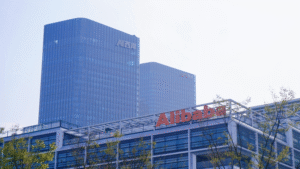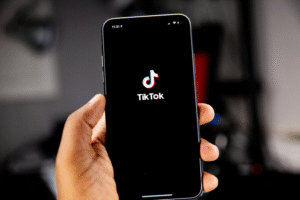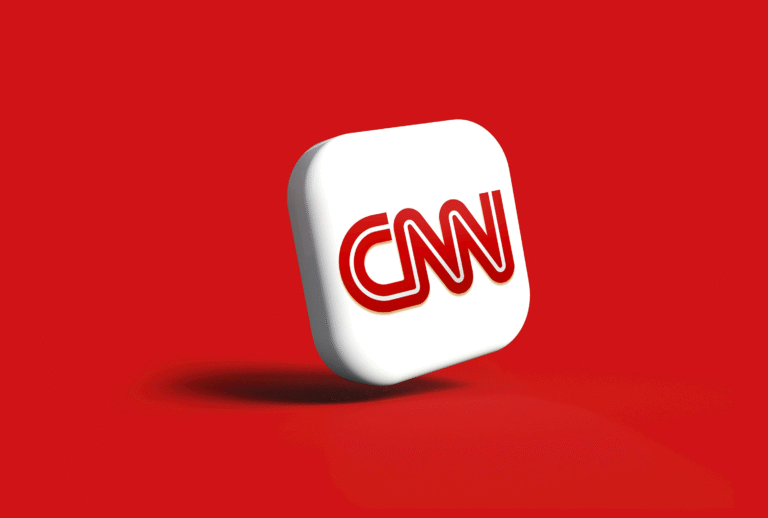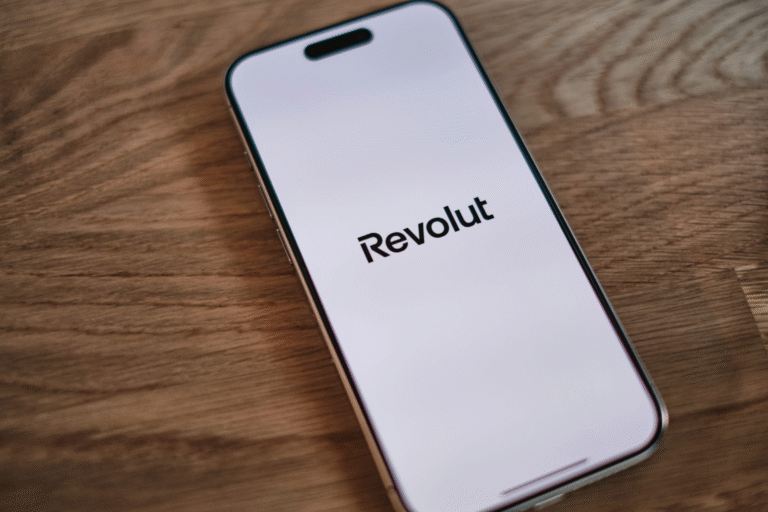Meta and Google seem to be getting closer to one of the biggest tech partnerships of the decade. Talks are going on that might lead to Meta spending billions of dollars on Google’s custom-made chips starting in 2027. The Information says that the talks are broad and long-term, which suggests that two of the biggest tech companies in the world are planning to change how they construct and run the infrastructure that supports AI. What makes this moment so interesting is not simply how big the deal is, but also the subtle message it conveys about the future of AI hardware, competition, and the corporations that are striving for technological dominance.
Google‘s own tensor processing units, or TPUs, are at the center of these discussions. Traditionally, Google kept these chips very secret and only used them in its own data centers. People who know about Google’s past know that the firm is very protective of its hardware innovations. For example, TPUs were like the engine room of Google’s AI revolution and were rarely made available to the public. The fact that the firm is now talking about giving them to Meta shows a huge change in strategy. It shows that Google thinks it can grow its business, change the AI chip market, and maybe even become a real competitor to Nvidia, the current king of AI processors.
Meta’s interest in Google’s TPUs also suggests something crucial about how AI workloads are changing. In the last two years, the amount of computational power needed has skyrocketed. Meta needs a lot of processing power because it is working on generative AI, metaverse experiences, and advanced recommendation engines. As someone who has seen the industry change, it makes sense: AI goals are expanding faster than the gear that can support them. Businesses don’t depend on just one supplier anymore. They are exploring for new architectures and ways to reduce their reliance on one thing. Nvidia’s supremacy has led to new ideas, but it has also caused problems and made it hard to get supplies. In this situation, Meta’s interest in Google’s chips seems less like an experiment and more like something they have to do.
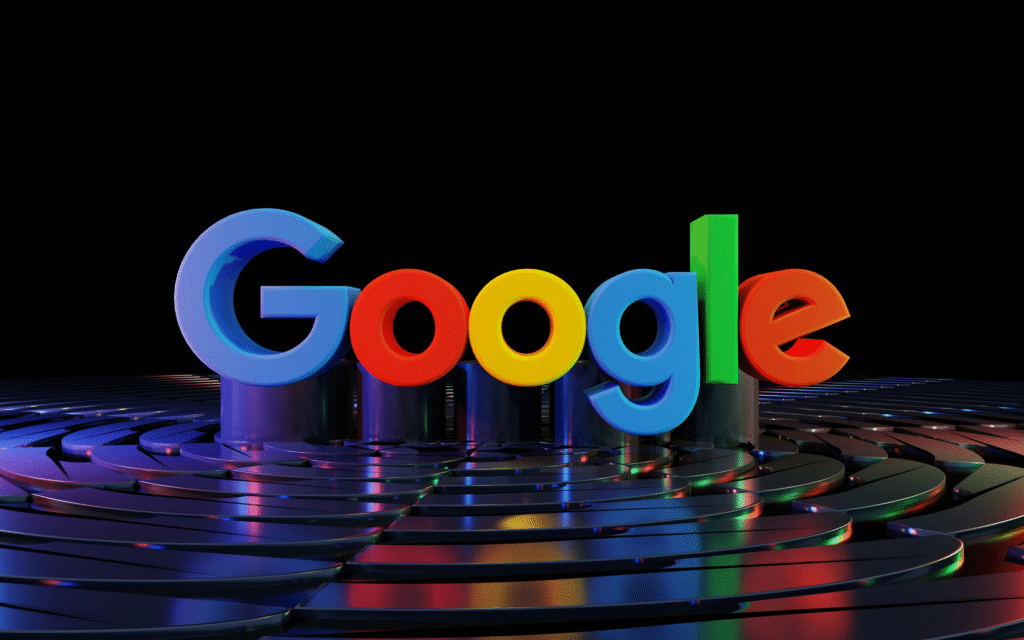
Reports say that the negotiations have a very interesting second layer. Meta might possibly rent Google’s CPUs through Google Cloud as soon as next year, before the company starts employing TPUs in its own data centers. Renting chips is a lot more than just a temporary fix. It lets Meta evaluate performance, try out its most demanding models, and see how Google’s architecture might fit into the company’s long-term infrastructure. People who have worked with data centers or AI training systems know how critical these early tests may be. They show hidden limits, unanticipated efficiencies, and how things really work in the real world that no technical spec sheet can ever fully show.
Google’s drive to get more people to use TPU outside of its own walls is part of a bigger plan. Nvidia has been the main player in the AI chip business for a long time. The industry needs Nvidia’s GPUs to train and run models, from small businesses to big companies. But Google has been secretly making its TPUs better with each new iteration. Letting other customers use them might greatly increase their reach. Some Google Cloud insiders say that this plan might help the corporation take up to ten percent of Nvidia’s annual sales. That is not a tiny claim, even in an industry worth billions. It illustrates how big Google’s goals are and how sure it is about its hardware plan.
There is also the financial ripple effect, which started before any deal was even made official. Shares of Alphabet soared more than four percent in premarket trading after the news. If the gains keep up, the business may hit a record four trillion-dollar valuation. Broadcom, which has been working with Google for a long time to make AI processors, also witnessed an increase. Nvidia’s stock, on the other hand, plummeted by more than three percent. These changes in the market show how seriously investors are taking the idea that Google may become a significant rival in the AI chip field. People often react to what they think is true before what is true, and this news made it seem like a long-standing monopoly would finally have a legitimate competitor.
The concept of rivalry and reinvention is what makes this narrative so human. Over the past ten years, Meta and Google have fought over privacy, advertising, app stores, and even social features. But now they are talking about working together, which might link portions of their technological futures. In large tech, being useful is frequently more important than being competitive. When organizations have to deal with the same problems, like AI scaling, which are big and costly, they often establish coalitions in unexpected ways. It makes me think of how, in the early days of cloud computing, competitors often became clients and partners because it was too expensive to do it alone.
You should also think about the timeline. If Meta starts buying TPUs for its own data centers in 2027, that shows how far ahead these firms have to plan. The choices they make about infrastructure today will shape the kinds of AI experiences the world will have in the future. People who don’t work in AI may think that progress happens on its own, but in reality, it often takes years of planning, negotiations, chip designs, testing cycles, and a lot of money to make it happen.
If the Meta-Google chip alliance happens, it will change not only the courses of their technologies but also the entire AI ecosystem. More competition in the hardware market could lead to new ideas, fewer roadblocks, and more freedom for companies to make AI models. At the same time, these kinds of changes inevitably come with some risk. The industry could get new benefits, new drawbacks, or both, depending on how well the chips work and how quickly Google can ramp up production. Investors seem to be excited, engineers are probably being careful, and the rest of the IT industry is keeping a tight eye on things.
There is also an emotional current running through all this chatter about chips and prices. The AI boom has made people both hopeful and worried. Some individuals are excited by how quickly new things are being discovered, while others are worried about how much control a few firms have. A collaboration of this size will always make people wonder about power, competition, and the long-term orientation. Will this speed up and make AI development easier to get to, or will it provide even more power to a few big companies? Will the new chip competition help the ecosystem, or will it make separate silos that make it harder to see what’s going on and make things work together? These are the kinds of questions that stay in the back of your mind even when the news is all about making money and business plans.



